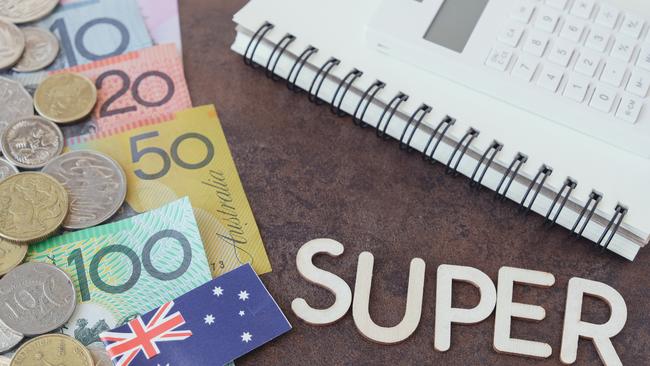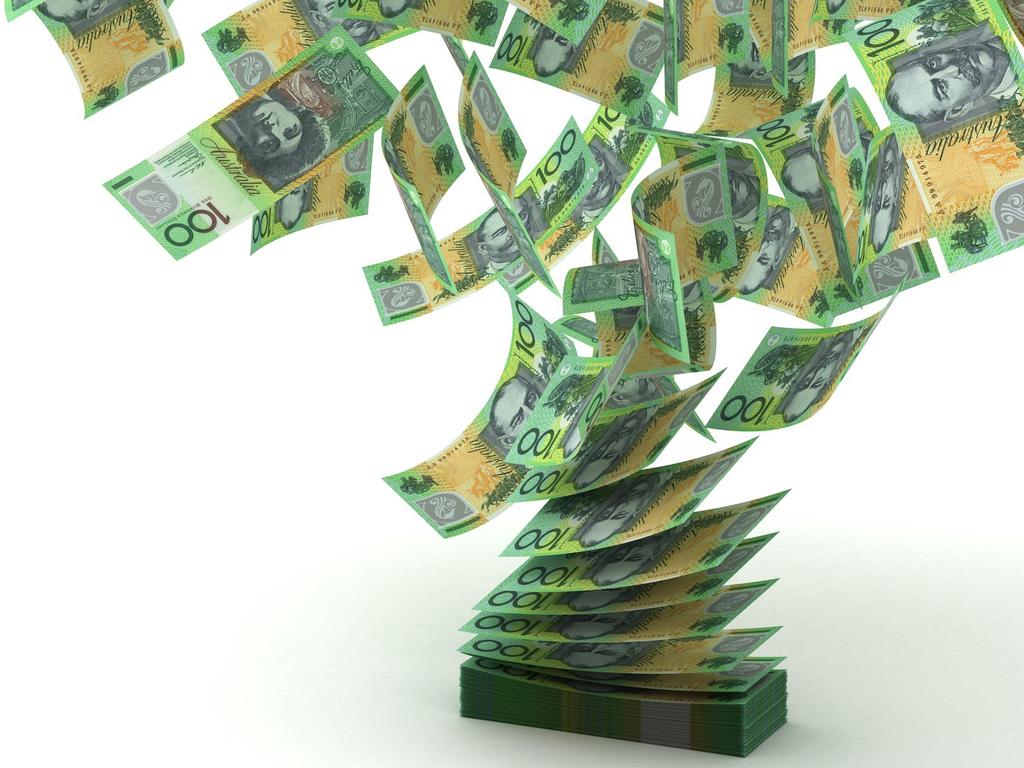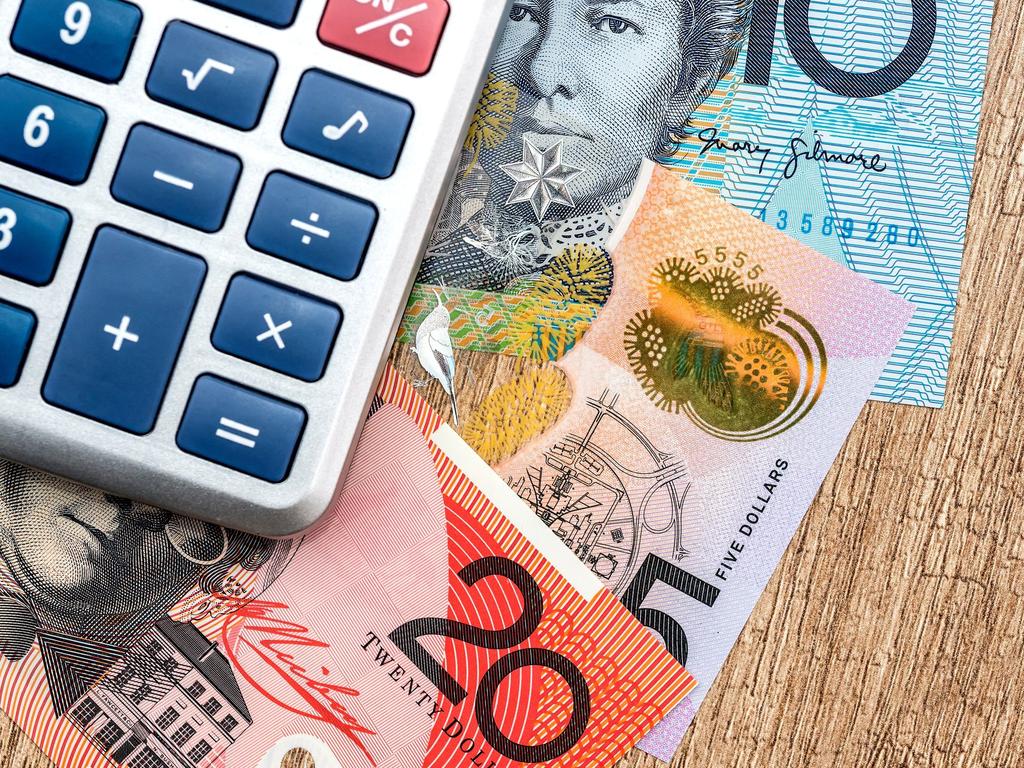Coronavirus: super increase ‘a $6bn hit to economy‘
Small business leaders have warned next year’s increase in the superannuation guarantee will rip $6bn out of the economy.

Small business leaders have warned next year’s increase in the superannuation guarantee will rip $6bn out of the economy, jeopardising workers’ jobs, hours, and the viability of small businesses, amid speculation among actuaries the planned increase is unaffordable in the wake of COVID-19.
Calling on the government to delay or scrap the scheduled 0.5 percentage point rise in the compulsory saving rate to 10 per cent from July 1 next year, the Council of Small Business Organisations Australia said the government should “focus on jobs, not ideology or the vested interests of powerful superannuation monopolies”.
“Workers will not be able to spend that money yet employers will need to increase prices or cut hours to account for the wage increase,” COSBOA chief executive Peter Strong said.
The legislated increase, which will reach 12 per cent by 2025, would require business to make about $6bn in extra superannuation contributions, including $2.8bn from small business, according to the council. “All this when we know unemployment will increase and the economy needs support, not a drain on resources,” Mr Strong said.
COSBOA chairman Mark McKenzie said small businesses were already worried about the annual wage review, in which unions were pushing for a 4 per cent rise in the minimum wage. “An increase in the (super guarantee) is probably even worse, though, because it’s preventing money from circulating in the economy,” he said.
The government’s review of the retirement income system, including superannuation and the age pension, is due to report in July, and could raise questions about whether the increase in the guarantee to 12 per cent is affordable, according to actuarial firm Rice Warner. “The economic dislocation caused by COVID-19 might even lead to more significant changes than governments would normally take, though the political climate in relation to superannuation is likely to make some changes unpopular and difficult to introduce,” the firm said.
In the 2018-19 financial year, superannuation tax concessions cost the federal government more than $36bn in forgone revenue.
“Will the newly impoverished working population want to divert more into superannuation contributions, or would they prefer to clear debts and get back into a sound financial position first?” Rice Warner asked.
The Treasury assumes superannuation contributions are in lieu of wages and salaries.
Australian Hairdressing Council chief executive Sandy Chong, who has 18 staff in her business, said she would re-evaluate how many she could maintain if wage and superannuation rises continued.
“I think any employee would start to look at the value of taking on apprentices too,” she said.
Master Grocers Australia chief executive Jos de Bruin said his members already paid about $500m a year in super and increasing the guarantee would particularly hit “high cost, low margin” businesses. “To add on more costs right now is not the right thing to do,” he said.
Last financial year employers and members contributed almost $130bn to superannuation funds.
The Abbott government delayed the guarantee increase to 12 per cent, which the Rudd government legislated in 2009. The Morrison government has said it has no plans to change the timetable.








To join the conversation, please log in. Don't have an account? Register
Join the conversation, you are commenting as Logout